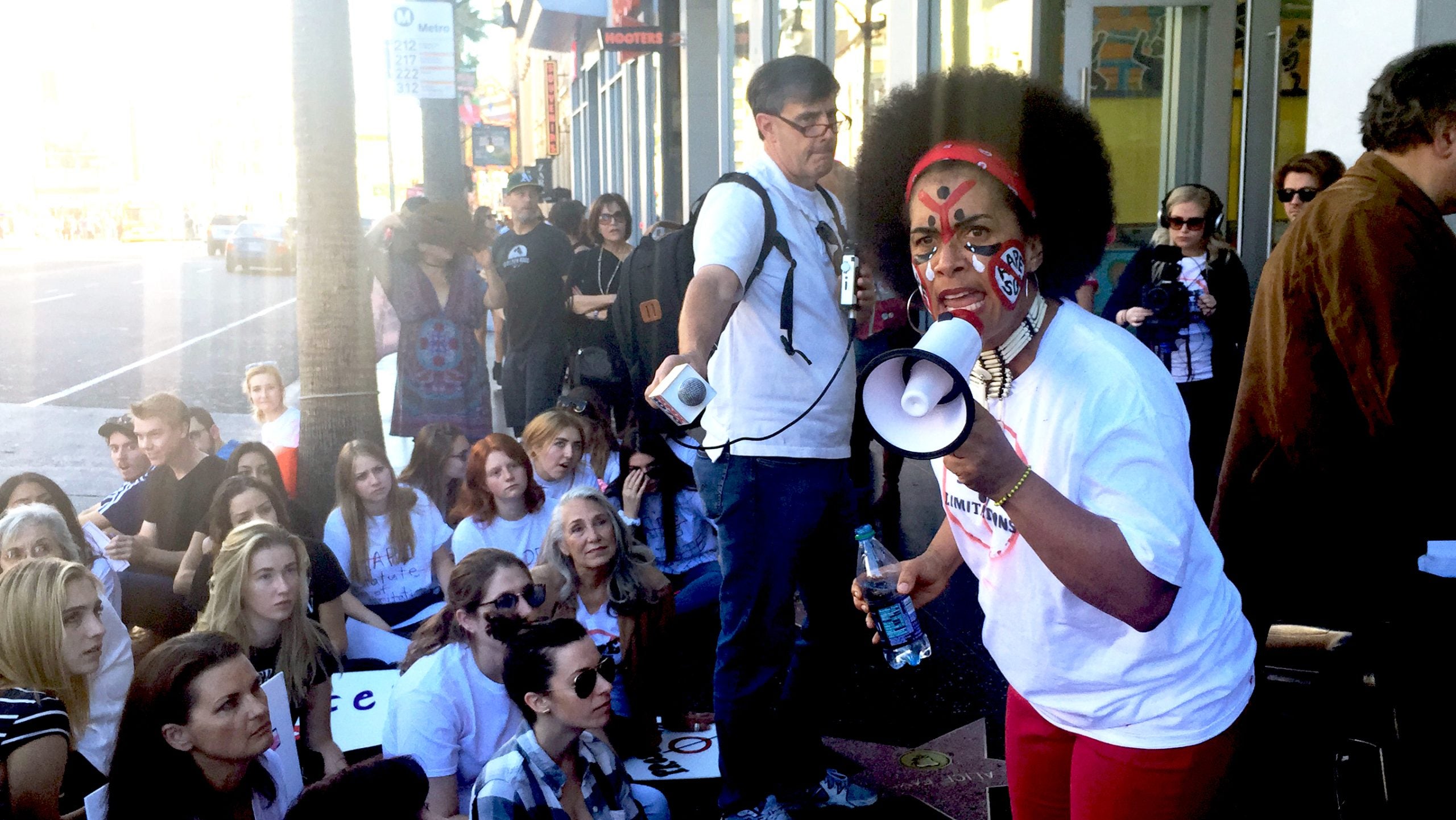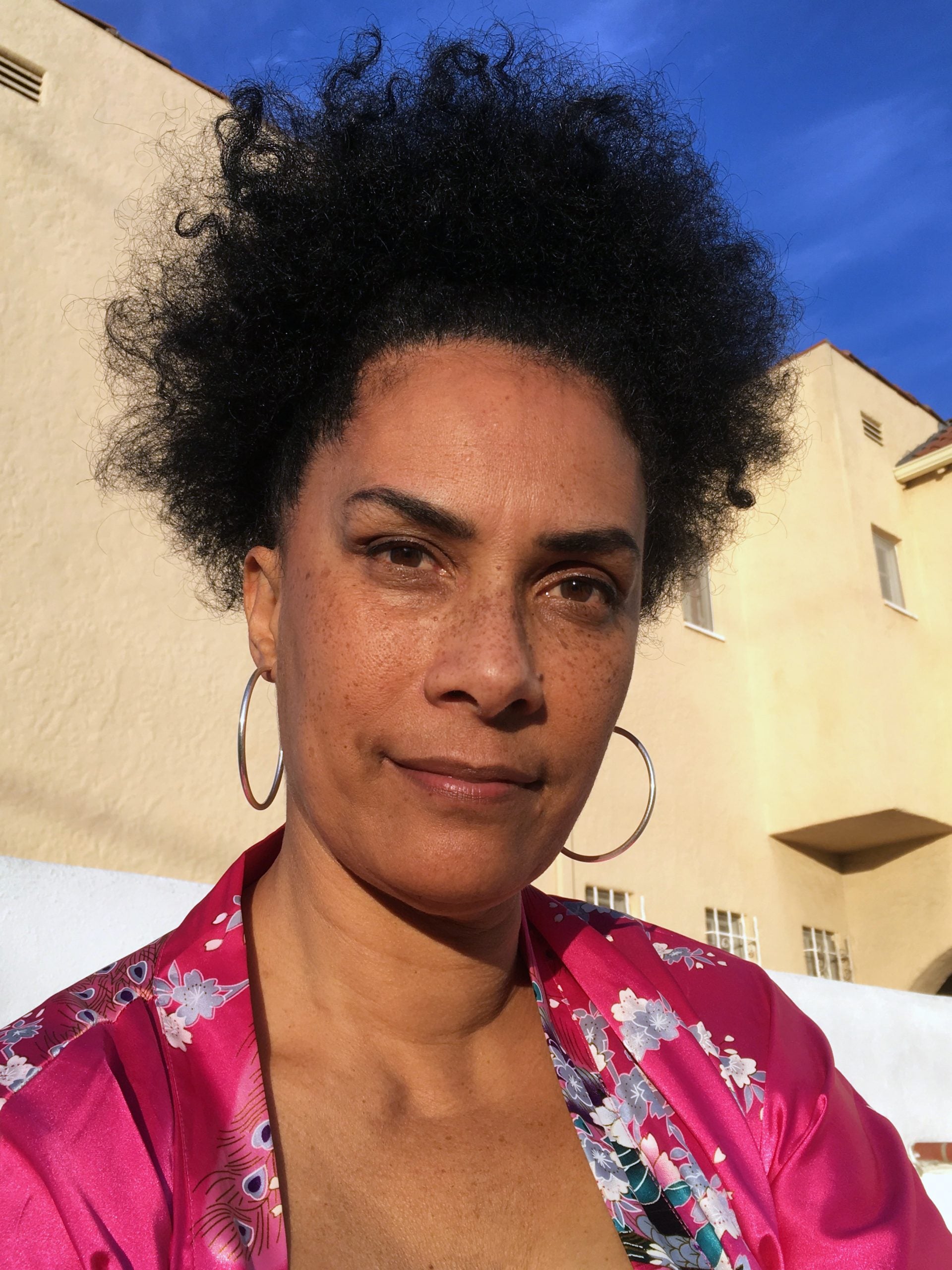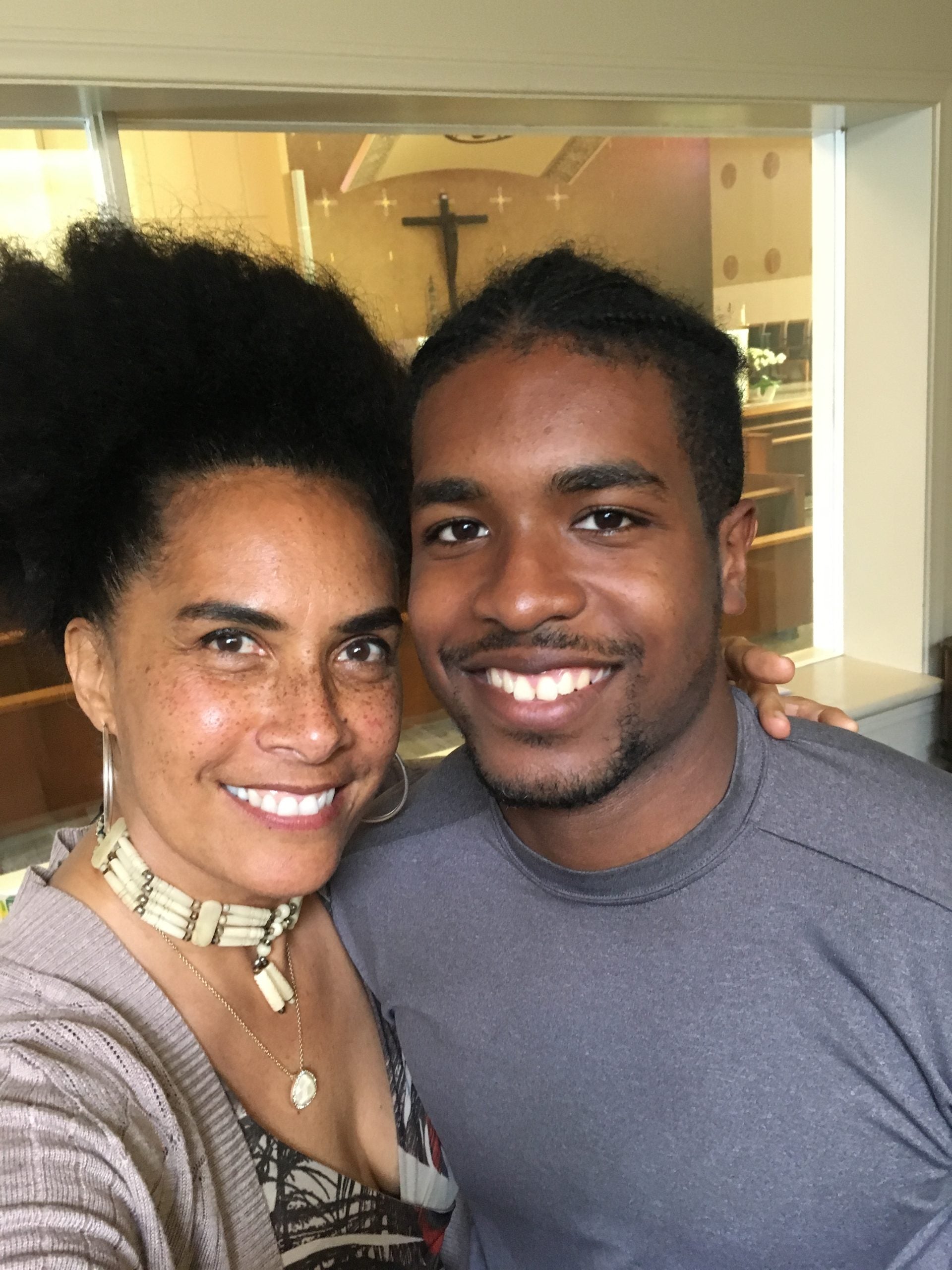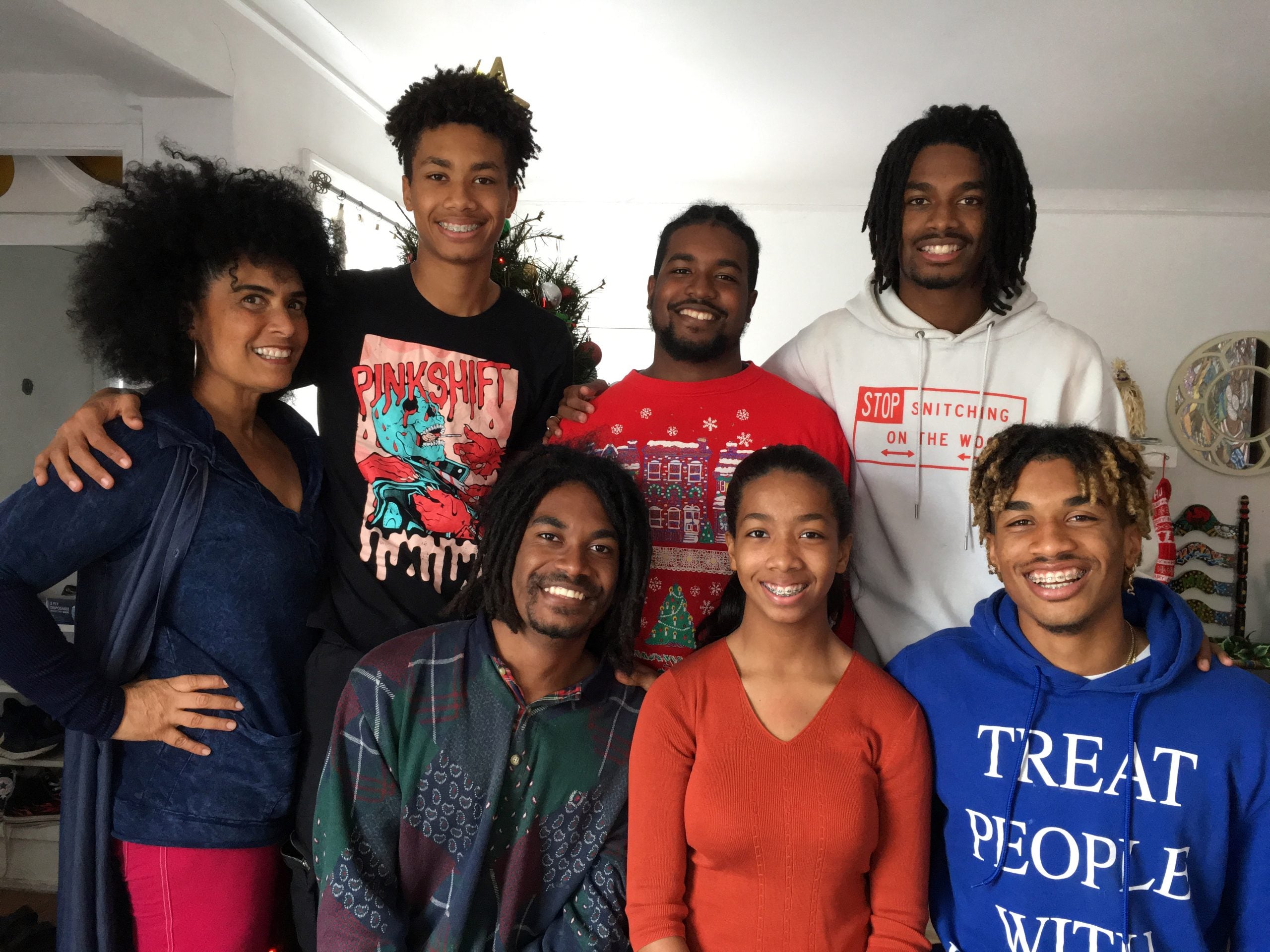
Earlier this year, ESSENCE spoke to comedian and host W. Kamau Bell about his documentary We Need To Talk About Cosby, detailing Bill Cosby’s discordant legacy as both a groundbreaking comedian and serial abuser. In honor of Sexual Assault Awareness Month, we interviewed Lilli Bernard, one of Cosby’s most vocal survivors, about her experience, the lingering trauma and why she believes, as a Black woman, it was worth sharing her story.
Lili Bernard, an Afro-Cuban actress turned activist, is a child abuse survivor. In the 1990s, before she appeared on The Cosby Show, she was mentored by Bill Cosby. Bernard hoped that “America’s dad” could be a replacement father figure for her. Instead, after he gained her total trust, Bernard alleged he drugged and raped her in July 1990.
In the documentary, We Need To Talk About Cosby, Bernard would not give details of her assault. During her chat with ESSENCE, she explains why.
“It was to protect my peace, preserve my mental and emotional health, to not sob and find myself in a dissociative PTSD crisis that would endanger my ability to drive home safely from the interview,” Bernard says. “These are very difficult things to have to speak about.”

For Bernard, even before the documentary, living her day to day life has been challenging. “I go to sleep every night, I have to contend with the pillow. Bill Cosby pushed a pillow in my face to silence my screams of ‘No’ as he was raping me,” Bernard recalls. “It’s difficult for me to take a shower because after he raped me, he stuck me in some kind of a jacuzzi or tub. He washed me after he raped me. When my children whisper in my ears, it triggers me because after he drugged me and raped me, he whispered in my ears, ‘You’re so strong Bernard.’ Because even though I was drugged and incapacitated, I tried, to the best of my ability, to fight him off. People telling me I’m strong is a trigger.”
Despite the pain of the memories, Bernard recognizes the value in sharing her story, particularly as one of Cosby’s Black victims.
“Over a third of us Cosby survivors who have found the fortitude to speak out against him are Black women. And Black women’s lives matter too. I’m an immigrant, Cuban born. My personal heritage is African, Caribbean and Chinese. It is absolutely against the status quo for those of us who hail from Black, Latin and Asian communities to speak out against our rapists because we are so naturally invested in protecting and trying to lift up the image of our men of color that has–through the media and since the foundation of slavery– been criminalized, sexualized, emasculated. So we protect their image at the cost of our own health.”
Sadly, that protection has not been reciprocated from many Black men when Black women have been victimized. “I attended Cosby’s criminal trials and sentencing hearing as an audience member and a supporter of my survivor sisters. Black men in the courthouse and outside the courthouse attacked me verbally and even physically, lunging at me with raised fists. Police had to get in between them and me.”
But long before Bernard faced backlash and even the threat of violence from Black men in the street, she experienced it in her own home. “I got involved with a man, whom I married, and it was a long term abusive marriage that I suffered. That man–I’m no longer with him–violently tried to silence me from speaking out against Bill Cosby. He blamed and shamed me for my Cosby trauma.”
Thankfully, the firstborn of Bernard’s six children, a son, heard his parents arguing about the topic and offered a different perspective.

“He kept saying, ‘Mom, why are you silent? Why are you silent? You have to speak out. You have to join the women. You have to use your voice to help put him in prison,’” Bernard shares, recalling her son’s words.
So for her son, she did. Bernard says she is exceptionally proud to have raised men who are unlike their father.
“They are all so supportive of what I have gone through. I have raised my five, Black young men to think differently, to be feminists, to uplift the woman and to not look at women as some kind of sacrificial lamb, necessary to uplift the Black male image when the Black man has perpetrated gender violence upon us,” Bernard says.
She hopes the same for Black men at large. “Black men need to stand in solidarity with Black women. They can be feminists. We need their support. Black women’s lives matter too. That bystander culture is critically important to shifting rape culture. Because if bystanders or allies don’t speak out, then we’re in it alone.”
Bernard’s call to Black men is the reason she’s so appreciative of Bell’s decision to direct and release We Need To Talk About Cosby. “It’s a tremendous display of courage for Kamau to really stick his neck on the line.”

Though she has the support of her children and men like Bell, Bernard says our justice system is still stacked unfavorably against women.
On June 30, 2021, Cosby was released from prison after a Pennsylvania Supreme Court overturned his 2018 conviction for sexual assault, citing a 2005 promise prosecutors made not to charge him for the assault of Temple University employee Andrea Constand.
While many believe Cosby’s age renders him harmless, Bernard is still fearful.
“I’m scared that Bill Cosby is free on the streets,” Bernard admits.”I’m scared that the man who drugged me and raped me and so many other women with impunity for so many decades is on the street. He said that he is going to continue to tour. So if he has the strength to continue to tour, I do not doubt that he would have the strength to continue to do what he has habitually done for so many decades, which is drug and rape women and girls. I’m terrified for any woman that would come into proximity with Bill Cosby. ”
With memories of the abuse she experienced from Cosby’s actions and being triggered by the overturned conviction, you might wonder if Bernard feels stepping forward and speaking out was even worth it. She does.
“A number of us Cosby survivors campaigned, we lobbied, we organized and we successfully abolished the statute of limitations for rape prosecutions in California,” Bernard says. “We testified in the Senate and in Assembly state hearings. We were able to transform our trauma into triumph.”
The work she and other survivors have done to change laws is only a fraction of what Bernard has done to heal from the trauma of her assault but also the abuse she suffered as a child and in her marriage.
“It’s been very painful but yes. The option would have been to die, maybe,” Bernard says. “It was necessary because look how much society has shifted because of the courage of our voices. I’m a lifelong survivor of domestic violence–which was fertile ground for me being abused by Bill Cosby. So I’m just learning to love myself. It was a wake up call for me, like coming out of a Stockholm trance.
“When Bill Cosby was finally sentenced, that’s when I had the courage to kick my abusive ex out of the house. I thought, if my voice can help justice be served against such a rich and powerful perpetrator, then I can find the strength to secure peace in my own home. As for healing from the Cosby trauma, I find invaluable support in therapy and from the survivor siblinghood, because we understand each other like no one else can.”